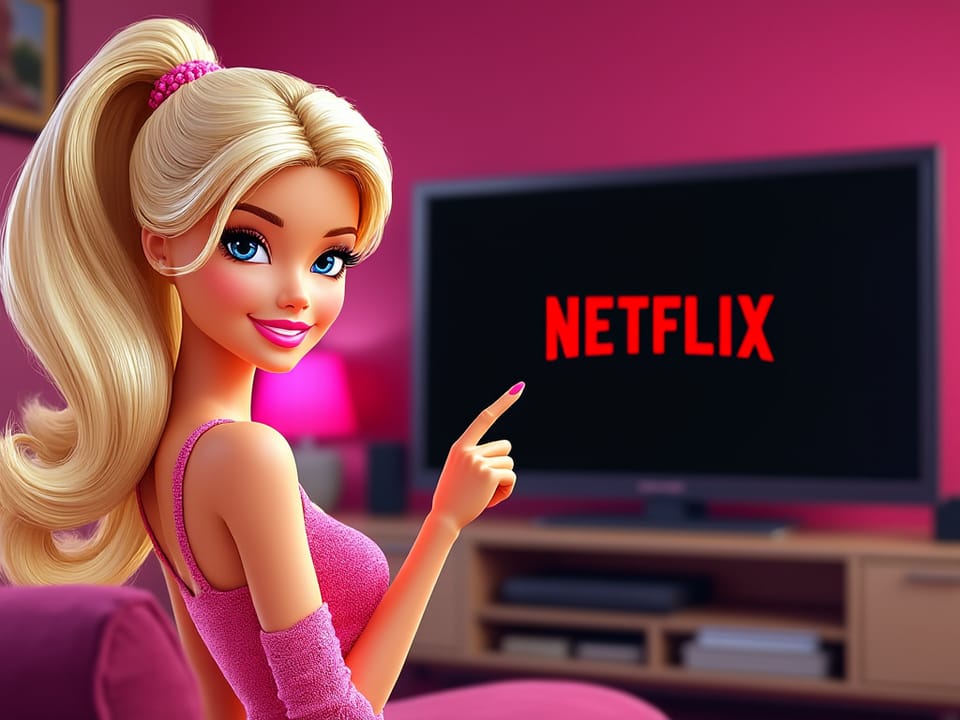Can Barbie Break Netflix?
More pressure is applied to Netflix's anti-movie-theater stance...

A couple weeks back, I wrote a post making the case for why I believed Netflix was now making a mistake in not allowing their films to debut in movie theaters. Not all of them, mind you. Not even most of them. But for certain films where it makes sense, it's silly not to have this tool – which serves as a marketing accelerant (albeit an expensive one) and an immediate prestige booster, if nothing else – in your modern distribution tool belt. My bet was that this would be the next dogma Netflix caved on. Well, they haven't caved yet, but a couple updates.
Which have a link – in pink.
